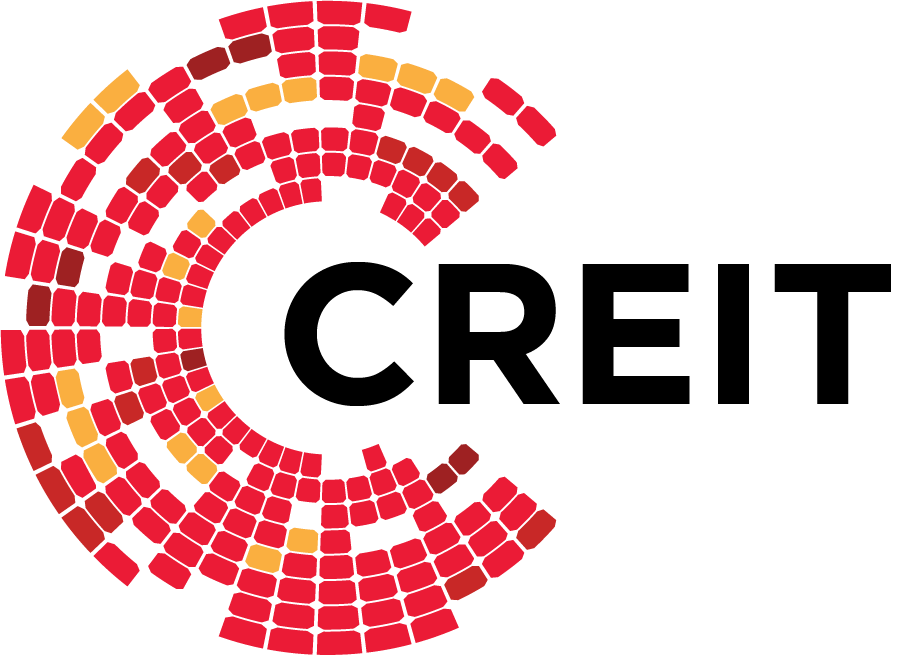Alternative investments offer businesses a powerful strategy for financial growth and diversification beyond traditional assets like stocks and bonds. These investments include real estate, private equity, venture capital, and renewable energy, each providing unique benefits that can enhance a business portfolio. For businesses in the Philippines, an alternative investment provides the opportunity to secure long-term stability, hedge against inflation, and ensure steady financial returns despite market fluctuations.
In this blog, we’ll explore the key features of alternative investments, their benefits, and why renewable energy REITs stand out as a top choice for investors looking for both crisis-proof assets and long-term sustainability.
What is an Alternative Investment?
Alternative investments refer to financial assets that fall outside traditional investment categories like stocks, bonds, and cash. Unlike conventional investments, an alternative investment often requires higher minimum investments, involves longer holding periods, and provides opportunities for portfolio diversification. These investments are particularly appealing to businesses seeking to hedge against inflation and market volatility while maximizing returns.
In the Philippines, alternative investment opportunities provide businesses with an avenue for long-term financial growth. By diversifying their portfolios, companies have the chance to achieve stability even amid economic fluctuations. Investing in alternative assets also allows businesses to tap into emerging industries, fostering innovation and gaining early access to high-potential growth sectors.
Key Features of Alternative Investments
Alternative investments offer unique characteristics that set them apart from traditional assets. Here are some of the features:
Low Correlation with Traditional Markets
Alternative assets often perform independently of stock market trends, reducing overall portfolio risk. This independence makes them a crucial component of a well-balanced portfolio, as they provide financial security when traditional markets face downturns. Businesses can better withstand economic shocks by integrating these assets into their portfolios.
Potential for High Returns
Many alternative investments, such as venture capital and private equity, offer substantial long-term gains. While these investments may come with higher risk, they also present the opportunity for exponential growth and wealth accumulation over time. Successful alternative investments can significantly boost a company’s capital.
Limited Liquidity
Unlike stocks and bonds, alternative investments typically require long holding periods before realizing returns. Investors need to plan their liquidity requirements carefully, as these assets may not be easily converted into cash when needed. This makes them ideal for businesses focused on long-term financial strategies rather than quick gains.
Diverse Asset Classes
Businesses can invest in a variety of assets, including real estate, commodities, and hedge funds. This diversity allows investors to spread their risk across multiple sectors and industries, enhancing financial resilience. With multiple streams of potential returns, businesses are less vulnerable to sector-specific downturns.
Hedge Against Inflation
Tangible assets like real estate and precious metals help protect investment value from economic downturns. Unlike fiat currency, which loses purchasing power over time, alternative investments often appreciate in value, making them a crucial strategy for long-term wealth preservation. This protection ensures businesses’ capital retains its value over time.

How Alternative Investments Can Strengthen Your Portfolio
Integrating alternative investments into a business portfolio provides several advantages:
1. Risk Diversification
Investing in various asset classes minimizes exposure to a single market’s volatility. Unlike traditional investments that are heavily impacted by stock market fluctuations, alternative investments provide financial stability by balancing different sources of returns. For instance, a portfolio combining real estate, renewable energy, and venture capital reduces dependency on any single market trend.
2. Steady Income Streams
Investments like real estate generate consistent cash flow through rental income and lease agreements. This steady income helps businesses maintain operational liquidity and meet financial obligations without relying solely on traditional investments. For example, renewable energy investment trusts (REITs) offer stable returns through long-term contracts for power generation.
3. Capital Growth Potential
Many alternative assets appreciate over time, offering long-term financial stability. Investments in infrastructure, renewable energy, and private equity often yield significant returns, making them attractive to businesses seeking long-term growth. Businesses investing in high-potential industries can see their capital grow alongside emerging market trends.
4. Resilience During Market Crises
Alternative investments often remain stable even when traditional markets decline. Economic recessions and inflation might negatively impact stocks and bonds, but tangible assets such as real estate and commodities tend to retain their value, ensuring security in uncertain times. This stability allows businesses to safeguard their financial health during economic disruptions.
5. Tax Benefits and Incentives
Certain alternative investments, such as real estate and renewable energy, offer tax advantages that can enhance profitability. Businesses investing in government-backed projects, particularly in renewable energy, may take advantage of tax breaks, subsidies, and grants. These incentives lower investment costs while boosting long-term returns.
Exploring the Different Types of Alternative Asset Classes
Businesses have several options when considering alternative investments. Key asset classes include:
- 1. Real Estate: Investing in physical properties or REITs provides steady rental income and asset appreciation. Real estate remains one of the most reliable alternative investments due to its tangible nature and long-term value retention.
- 2. Venture Capital and Private Equity: Businesses can fund startups and high-growth companies for potential high returns. These investments typically involve higher risk but offer substantial financial gains if the ventures succeed.
- 3. Hedge Funds: These funds use diverse strategies to generate returns, regardless of market conditions. Hedge funds often focus on complex financial instruments and require a deep understanding of market movements.
- 4. Precious Metals: Assets like gold and silver serve as a hedge against inflation. These tangible assets help preserve wealth, especially during economic uncertainty.
- 5. Infrastructure Investments: Investing in public and private infrastructure projects ensures long-term, stable returns. Infrastructure investments are particularly beneficial for businesses seeking stable, government-backed assets.
Why Does Real Estate Stand Out?
Among alternative investments, real estate remains a top choice due to its reliability and steady income potential. Investing in REITs provides businesses with exposure to real estate without requiring property management. Moreover, they offer liquidity, dividend income, and portfolio diversification, making them a preferred investment vehicle. Additionally, real estate serves as a strong hedge against inflation, ensuring consistent asset appreciation over time.
Finally, real estate investments, particularly in renewable energy projects, combine financial returns with environmental impact. With the rise of green infrastructure, businesses have the ability to generate revenue while supporting sustainability goals.

Top Reasons to Invest in a Renewable Energy REIT
Renewable energy REITs are transforming the investment landscape, offering businesses an opportunity to invest in a sustainable and crisis-proof industry. Benefits include:
- • Stable Revenue Generation: Renewable energy assets generate consistent income through long-term contracts.
- • Resilience During Economic Crises: The demand for renewable energy remains strong regardless of market fluctuations.
- • Environmental and ESG Compliance: Investing in clean energy aligns businesses with sustainability initiatives.
- • Long-Term Growth Potential: As global energy demands shift toward renewables, investments in energy REITs continue to appreciate.
- • Government Incentives: Renewable energy projects often receive policy support, making them a financially sound investment.
Explore the Benefits of Investing in Renewable Energy REITs
As the first renewable energy REIT in the Philippines, CREIT provides businesses with an opportunity to achieve financial stability while supporting sustainable energy projects.
Invest wisely and secure long-term financial growth with alternative investments in renewable energy. Start diversifying your investment portfolio today. Contact CREIT now.


